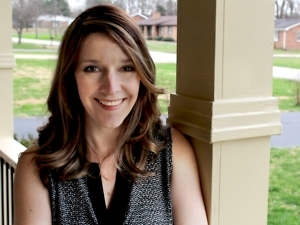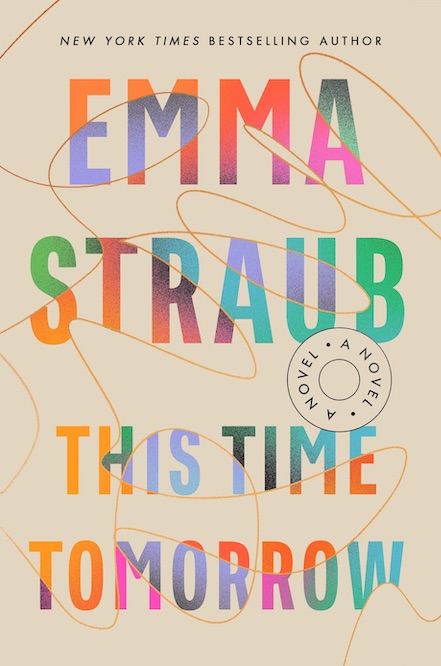Where The Stories Live
In Laura Hendrix Ezell’s A Record of Our Debts, small-town lives are bound by their mysterious history
In the title story of A Record of Our Debts, the debut collection by Cookeville writer Laura Hendrix Ezell, the narrator’s hometown has succumbed to an epidemic of wild, inexplicable behavior—paranoia, delusion, and near-feral fits of violence. Falling prey to this quickly spreading madness, the owner of the general store has stopped paying attention to which townspeople owe her money, writing down in her ledger only the words “[Y]ou owe, you owe, you owe and who will pay what you owe.” The narrator, desperate to make sense of what’s happening around her, suggests the depth of her own fear when she asks, “[W]ho is keeping a record of our debts? And if there is no record of our debts, then what on earth might we be asked to pay?”
 The line demonstrates a thread that runs tightly through this collection, in which every story takes place in and around a town called Abel. In this place, the bonds of community may chafe, but freedom from those constraints can become its own prison. No matter what choices these characters make, they are pushed against the far edge of what makes life in community livable.
The line demonstrates a thread that runs tightly through this collection, in which every story takes place in and around a town called Abel. In this place, the bonds of community may chafe, but freedom from those constraints can become its own prison. No matter what choices these characters make, they are pushed against the far edge of what makes life in community livable.
But where do these characters really live? That question is the central mystery of this collection. Despite all we learn about the people of Abel, the answer remains elusive, unconstrained by the specifics of time, place, and genre.
Abel and its surrounding towns form an atmospheric, haunted setting where any threat seems possible. The towns’ inhabitants can exert only so much control over their unpredictable environment. Here’s a passage from the book’s opening story: “It rains here like a terrible grudge, like something we’ve earned and deserve, and we take it as such, heads bowed, shoes filled and rotting.” Later in the collection, the landscape asserts its power more disruptively: “We have done our very best; yet no matter how we try, our calculations fail us. The motion of the weather, the shape of our days, diffuse like the skin of boiling water against a formless dark. Every seventy years or so, we have to skip August altogether, just to keep pace with the seasons.”
Paranoid tension binds these stories together, perhaps at times to a suffocating degree. The effect is intensified by brief interludes, one or two pages long, that appear between the stories. These sections, all given the title “Heresay,” offer lyrical utterances from the collective voice of the community. In typical collections, the end of one story signals a pause, a chance for the reader to catch her breath, but the Heresay interludes lock these stories together, propelling the collection into a kind of breathlessness and increasing the collection’s claustrophobic tone.
Conventional plausibility is also of little concern here. A Record of Our Debts tends to be governed by different rules, as it dips into the logic of ghost stories, delusions, and enchantments. The heroines of these stories are subject to all manner of dire threats—exploitation by sadistic relatives, devastating loss, their own instability, and wild animals with motives of their own. In each case, the protagonists’ internal states determine our knowledge of the stories’ external horrors. At times the true sources of peril are impossible to pin down. Are Abel’s monsters physical or psychological? Either way, the dangers often overwhelm the characters. Like many fairy-tale heroines, they are caught in fates much larger than their ability to fight back.
A Record of Our Debts, which won the 2015 Moon City Short Fiction Award, will appeal most strongly to devotees of fiction that toys with magical realism, as well as the structures and tropes of fairy tales. The mysteries surrounding the town of Abel stubbornly resist being solved, making its landscape a fertile staging ground for stories that creep and haunt.

Emily Choate holds an M.F.A. from Sarah Lawrence College. Her fiction is forthcoming from The Florida Review, Tupelo Quarterly, and The Double Dealer, and her nonfiction has appeared in Late Night Library, Yemassee, and elsewhere. She lives in Nashville, where she’s working on a novel.


